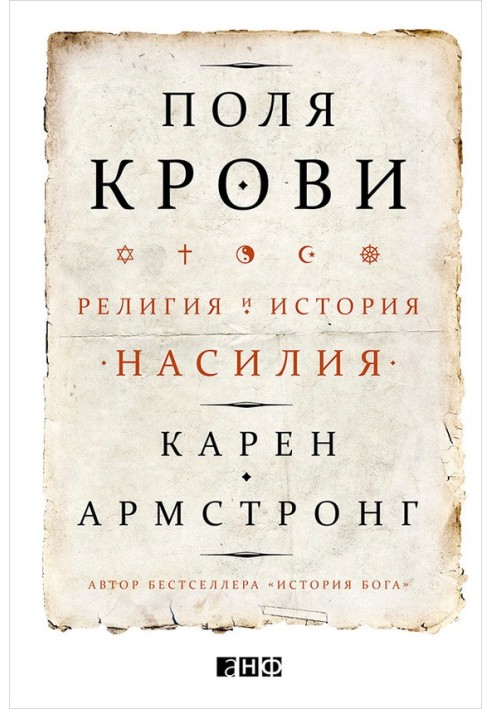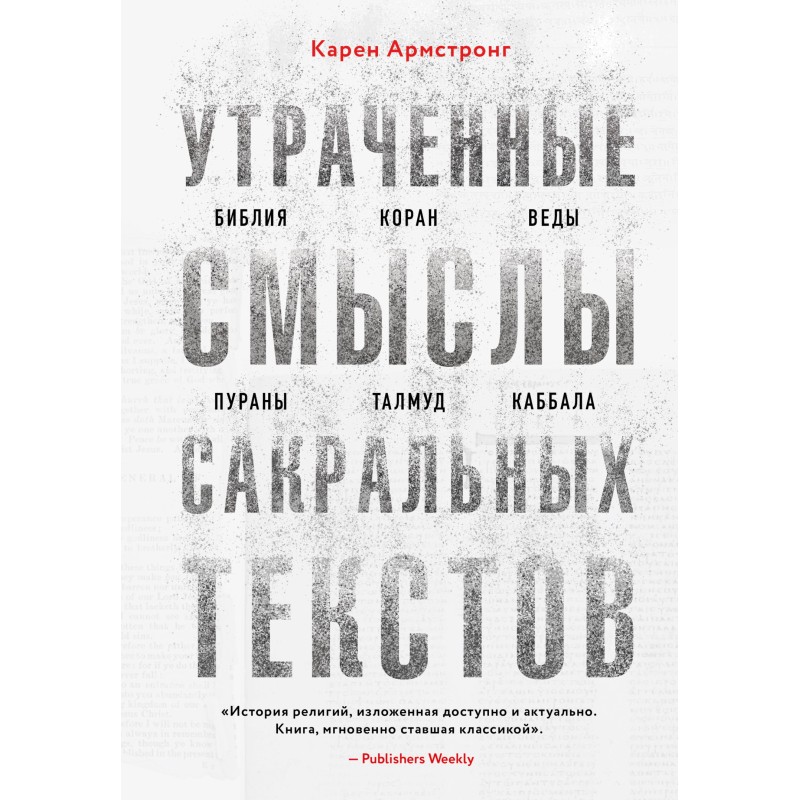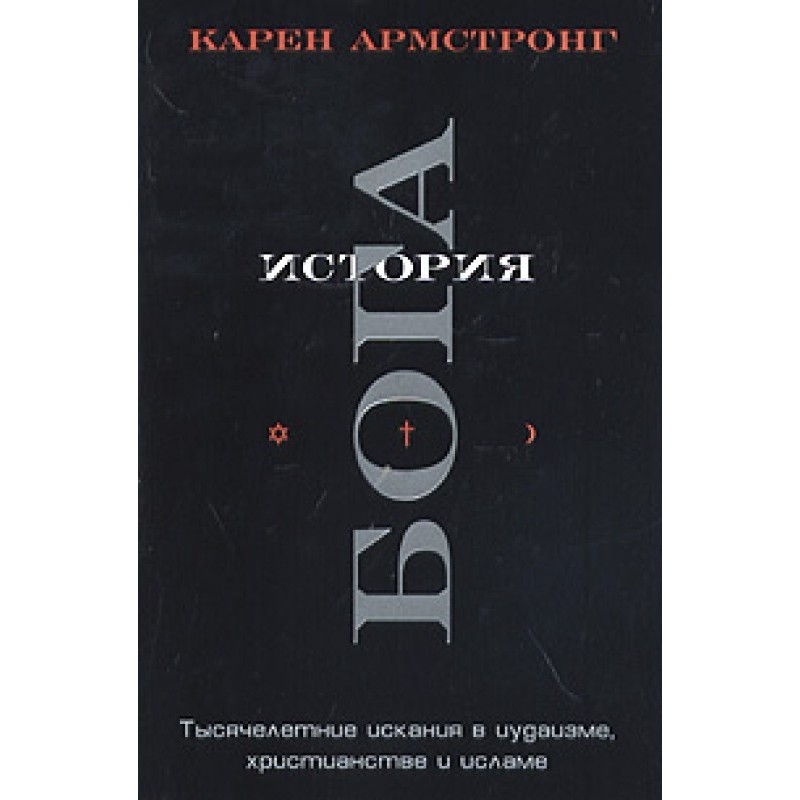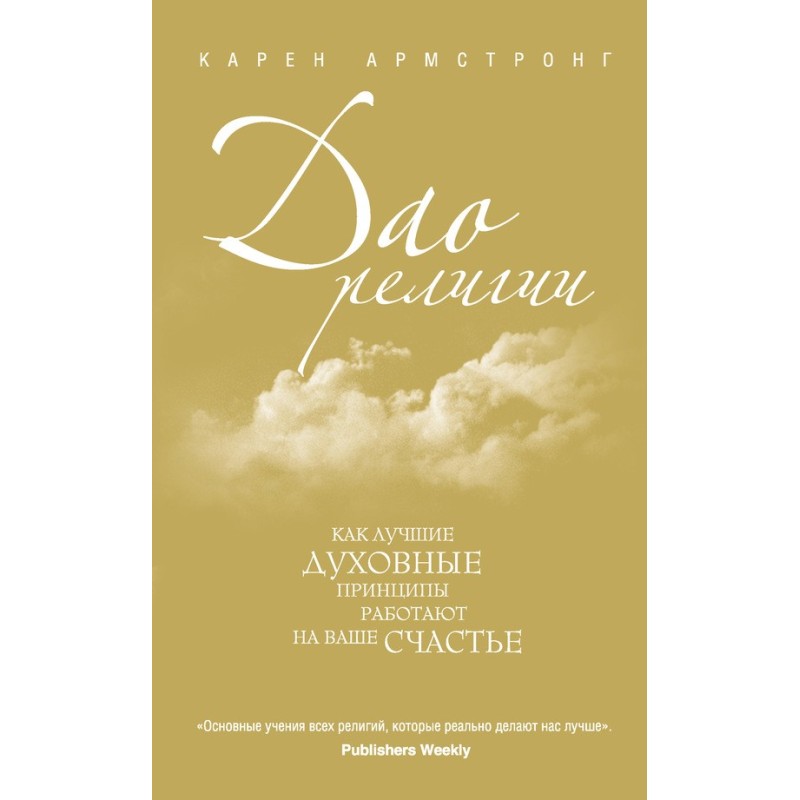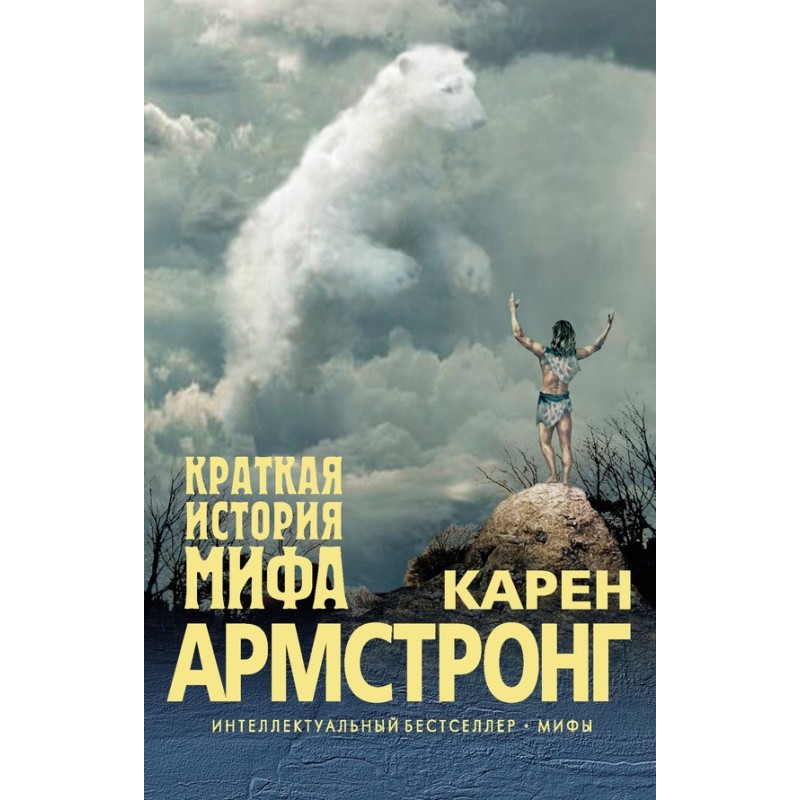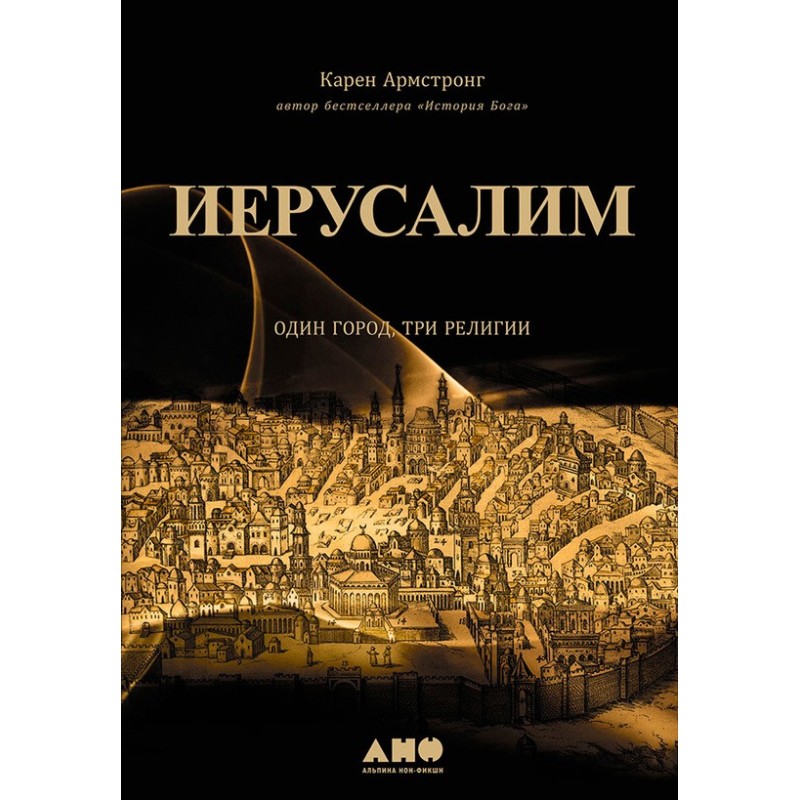Fields of blood. Religion and history of violence
 Instant download
Instant download
after payment (24/7)
 Wide range of formats
Wide range of formats
(for all gadgets)
 Full book
Full book
(including for Apple and Android)
Wars, terrorism, aggressive intolerance, and social violence have accompanied humanity throughout history. Is religion, which is increasingly being blamed for this, to blame? History from the Stone Age to the present day reveals a complex picture. Religion, built into the state apparatus, already in early agricultural societies turns into an instrument of social oppression. Many crimes are committed in the name of religion; it has been used to justify colonization and slavery, pogroms and terrorist attacks. And at the same time, from century to century, faith softens morals and teaches us to see one’s neighbor not only in one’s own blood. Humanity owes it to religion that it became humanity without being stuck at the level of barbarism, where every tribe is surrounded by hostile tribes. This fascinating study of the history of the wars of religion and the role of religion in power and politics, written by world-renowned religious scholar Karen Armstrong, is an in-depth and unbiased account of the experiences of different religions: paganism, Judaism, Buddhism, Christianity and Islam.
Data sheet
- Name of the Author
- Карен Армстронг
- Language
- Ukrainian
- Release date
- 2016
- Translator
- Глеб Гарриевич Ястребов
Reviews
Глибоке і провокаційне дослідження
Книга "Поля крові. Релігія та історія насильства" є вражаючим дослідженням складних стосунків між релігією та насильством в історії людства. Карен Армстронг майстерно розкриває, як релігія, яка часто звинувачується у спровокуванні війни та агресії, також має здатність пом'якшувати звичаї та об'єднувати людей. Автор наводить численні приклади з історії, починаючи з кам'яного віку і до сучасності, демонструючи, як релігія використовувалася як інструмент соціального контролю та виправдання для колонізації, тероризму та інших форм насильства. Проте, Армстронг також підкреслює позитивний вплив релігії на розвиток людства, її роль у формуванні моральних цінностей і сприянні соціальному прогресу. Це дослідження не лише інформативне, але й спонукає до глибоких роздумів про природу віри та її вплив на суспільство. Незважаючи на деякі недоліки в перекладі, які можуть відволікати від читання, книга варта уваги всіх, хто цікавиться історією, релігією та соціальними науками. Вона відкриває нові горизонти розуміння складних питань, які залишаються актуальними й сьогодні.

